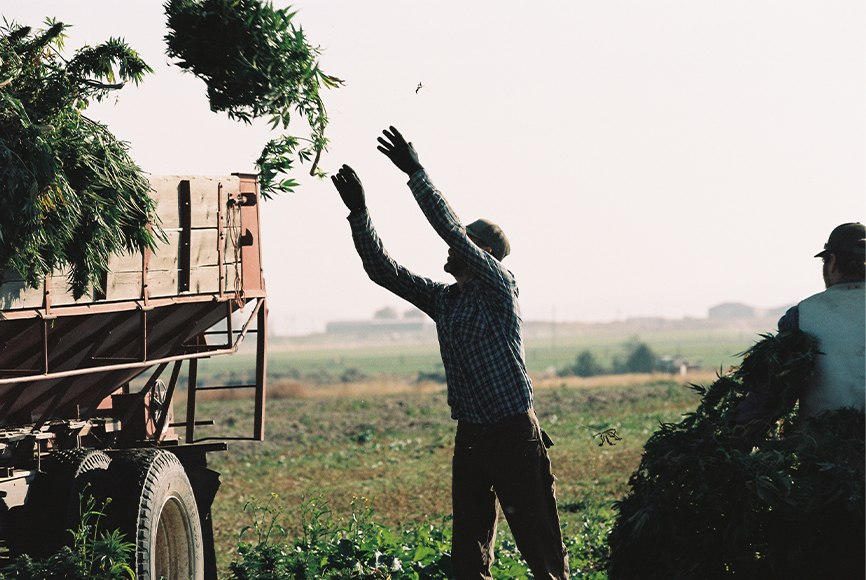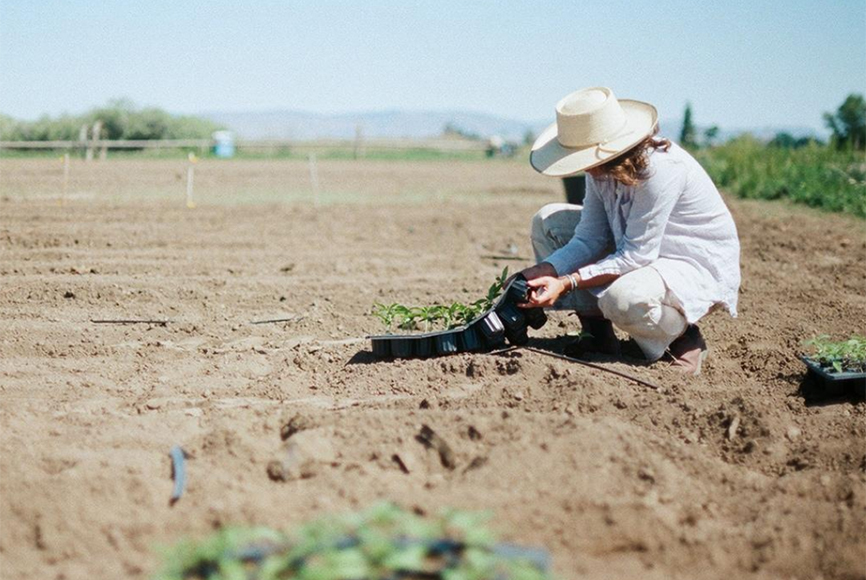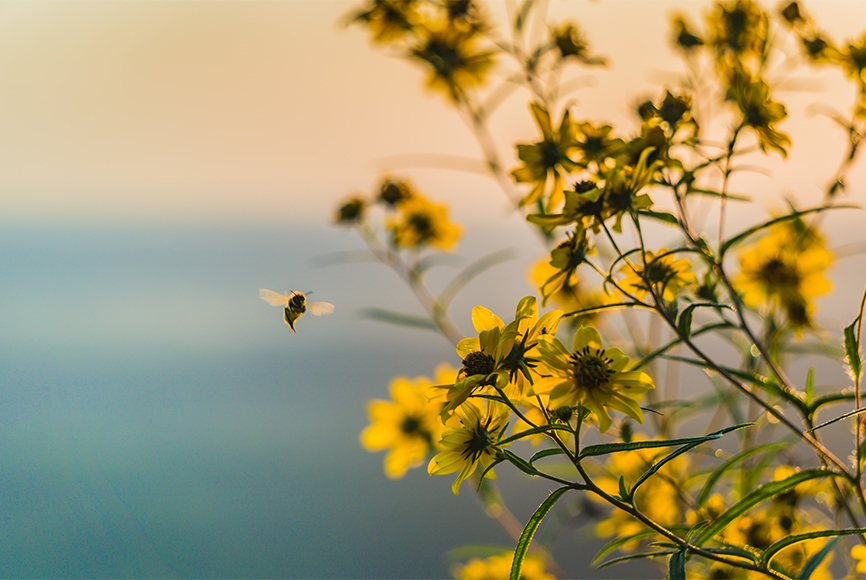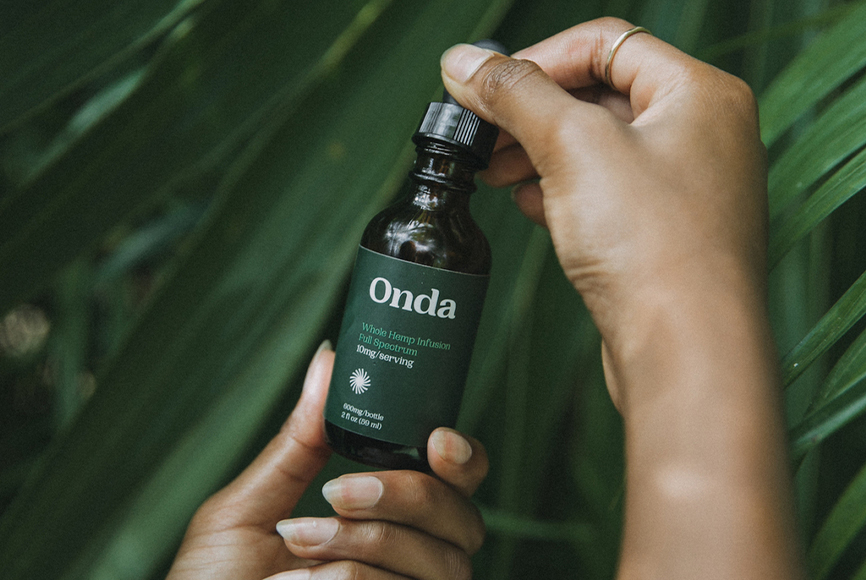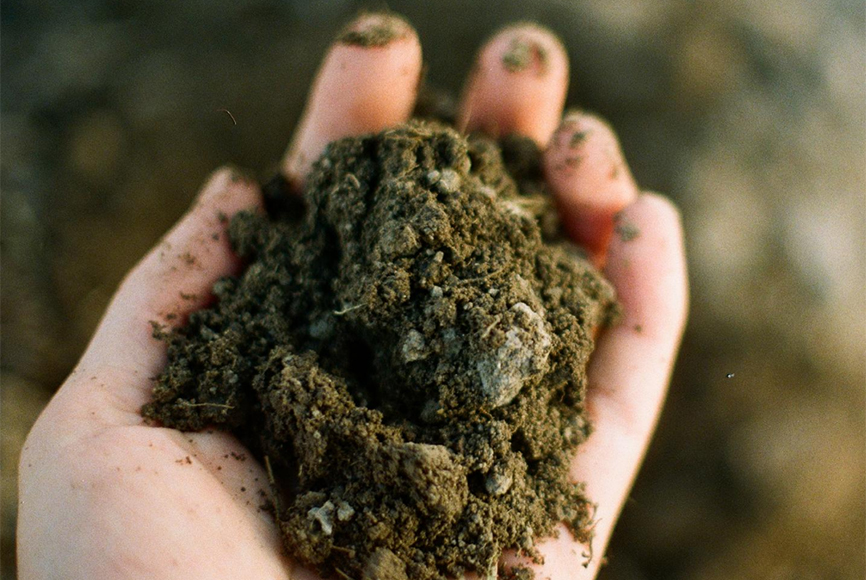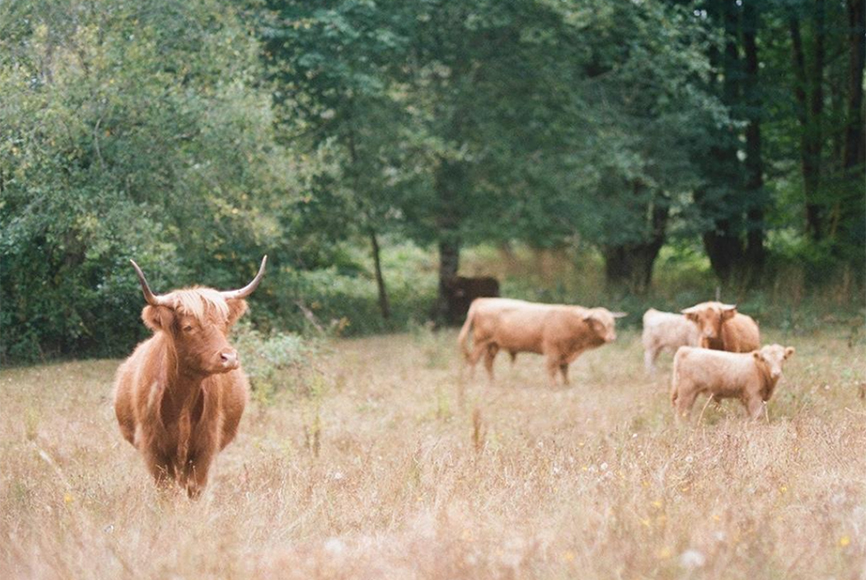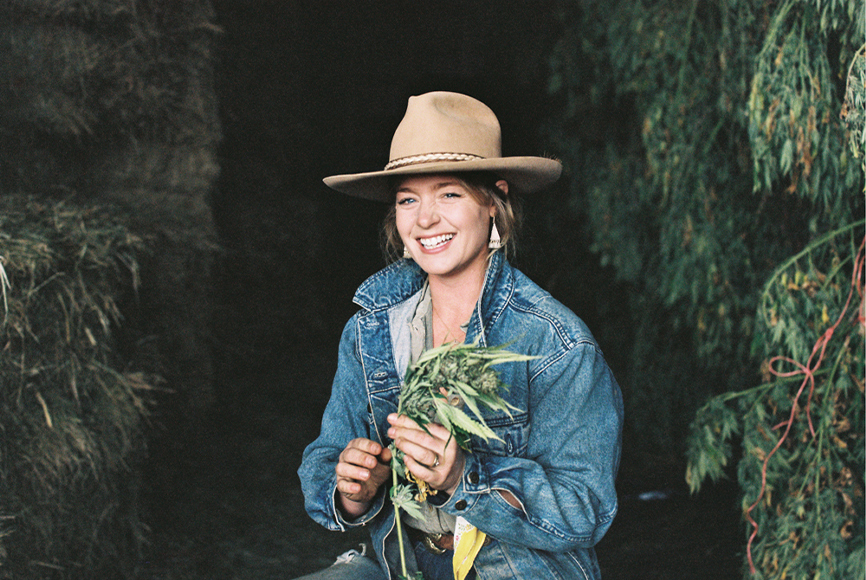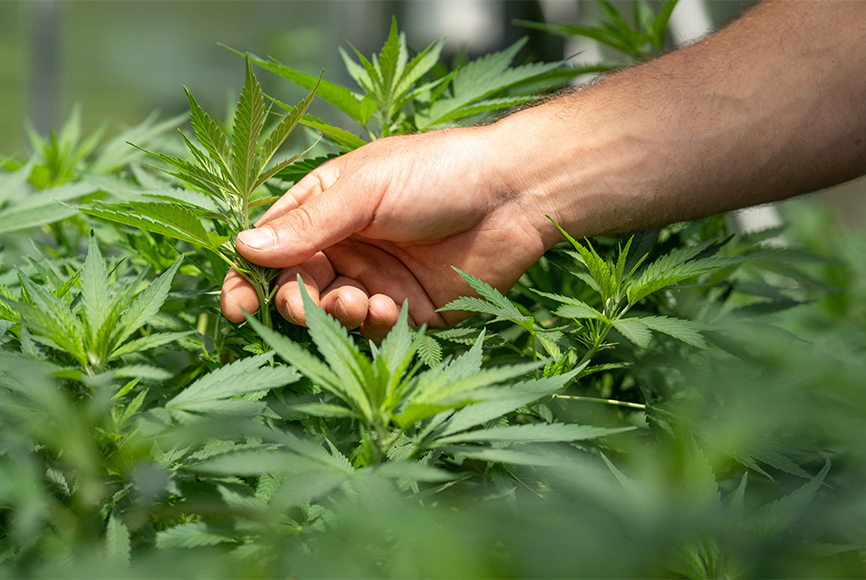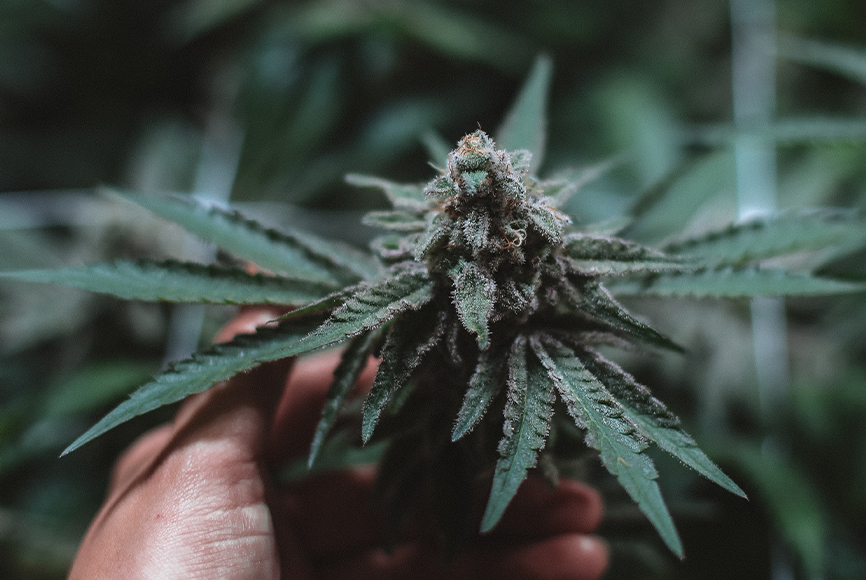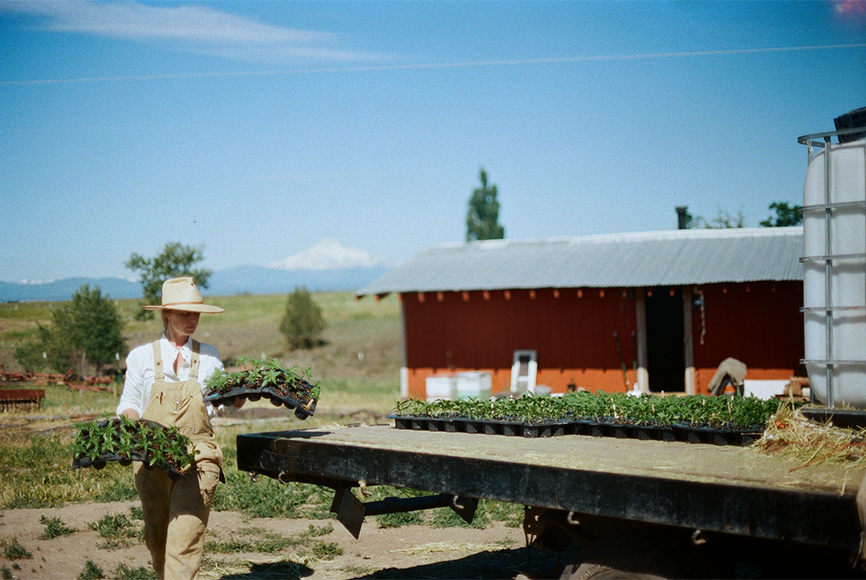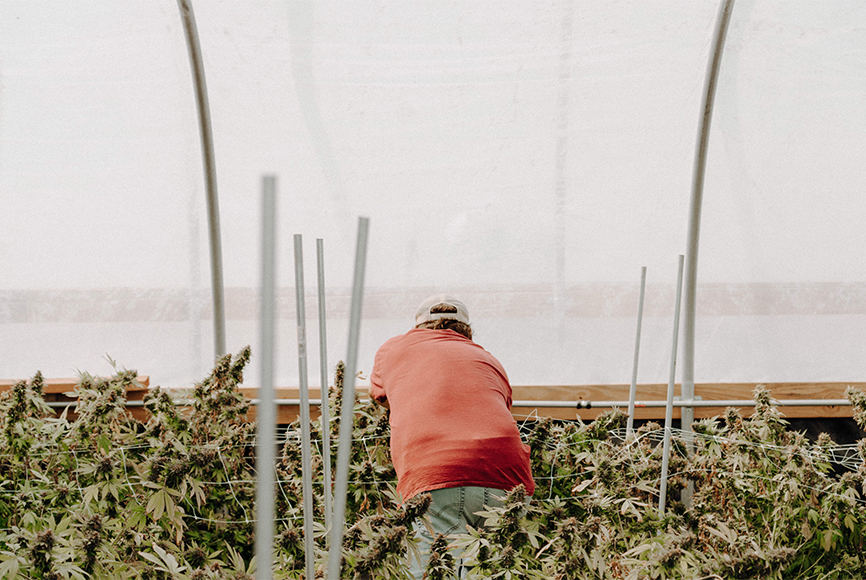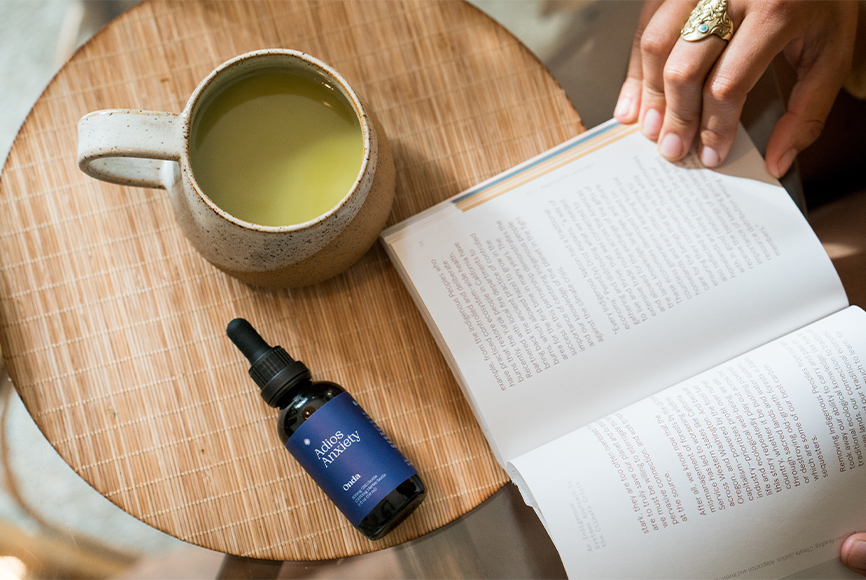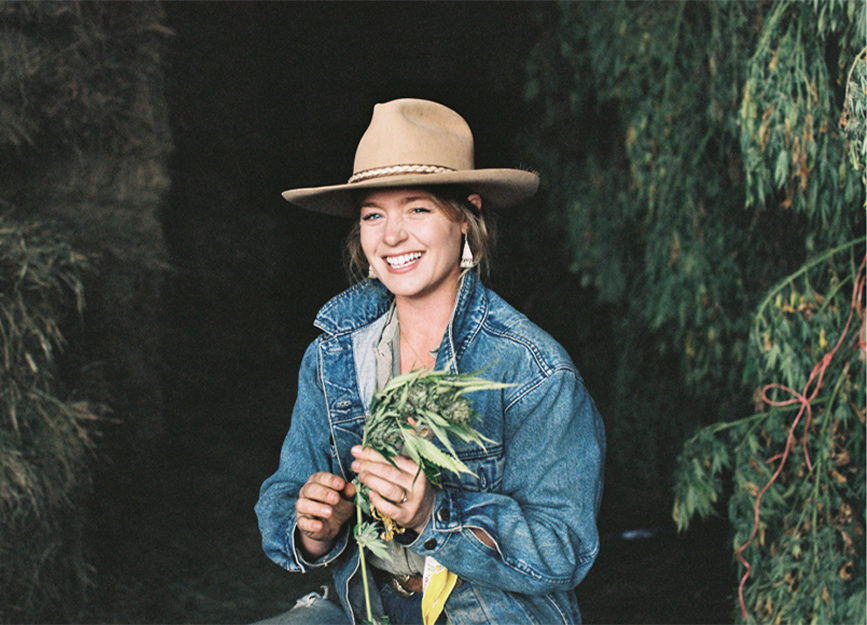

@onda.wellness
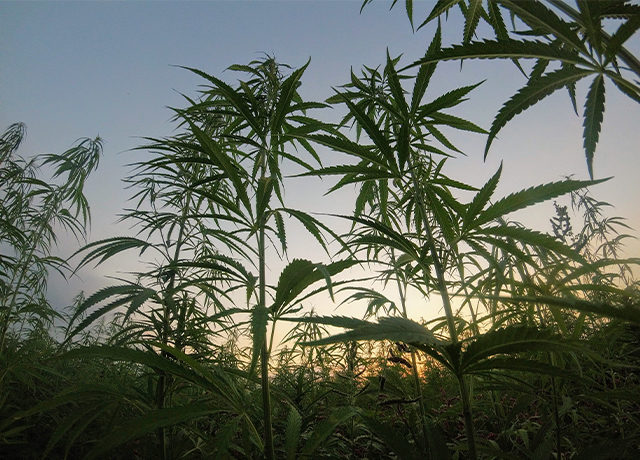

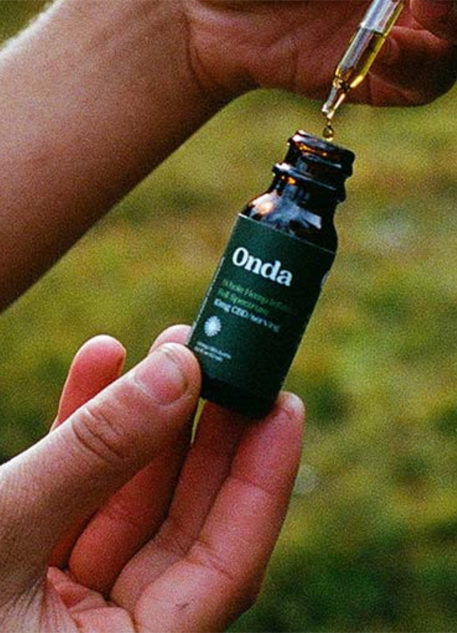

Environment
12 Reasons Why Hemp Is Good For The Planet By Onda Wellness
Did you know that hemp not only has great wellness benefits but also incredible environmental benefits. We are sharing this article from Onda Wellness that teaches you the many reasons why hemp is such a valuable asset to our planet!
1. Hemp Is Environmentally Beneficial (For The Soil, Air, And Water)
Some of the major benefits of growing hemp is that it can regenerate and replenish the environment it grows in. Making for an excellent addition for gardeners and as a rotational crop for farmers. It is also incredibly resilient and can flourish no matter the soil or air quality, or with limited rainfall.
In fact, it takes less water to grow compared to cotton and trees, even though hemp has a large amount of cellulose. The plants themselves are known to clean the air, as they produce oxygen during their growth cycle. Growing hemp also reduces soil toxins and improves soil quality by removing nitrogen from the atmosphere and absorbing toxins from the ground.
2. Hemp Grow Easily And Without The Need For Toxic Chemicals
You can easily experience the benefits of growing hemp. It is called weed for a reason. It grows in just about any condition and without many resources as mentioned above. Hemp is also better for the environment in terms of pesticide use. Aside from being completely organic and resistant to disease and pests, hemp requires little fertilizers or pesticides. This means that there are fewer harmful chemicals entering our water systems.
Any pesticides sprayed on hemp soil will be absorbed by the roots of the plant itself and used as a natural defense mechanism against insects and pests. Hemp’s resin can also replace any need for excessive fertilizers in farms that grow it.
3. Hemp Is Bee-Friendly
Some of the other major benefits of growing hemp is that it is friendly to bees. As a result of hemp’s low-impact, no-till practices and its high number of nectar-producing flowers, the hemp industry is considered to be one of the most beneficial for bees. According to many beekeepers, hemp plants are used as an alternative when other flower sources aren’t as abundant.
Fields of hemp plants are even known to produce a large number of queen bees, which improve hive health and fertility rates. A healthy swarm of bees is the cornerstone of any successful and sustainable farm and garden ecosystem.
4. Hemp Eradicates Deforestation And Reduces Carbon Emissions
Deforestation contributes to about 25% of all global carbon emissions. Growing hemp could not only halt this process but reverse it entirely. This is because hemp plants have the ability to absorb CO2 from the air. According to studies, a single acre of hemp cultivation can absorb as much as 4.1 metric tons of carbon dioxide per year!
This is great news for our planet. Deforestation may be one of the most pressing issues at hand and hemp could help save it! Hemp is also renewable and a viable option for the lumber industry. This is one of the major benefits of growing hemp.
5. Hemp Improves Soil Quality And Purifies Water
Hemp can soak up to 3 times its own weight in water, thereby improving dry climates and farms with moderate or low rainfall. In terms of water consumption, hemp only uses about 37% of the amount that cotton does per acre cultivated. This means increased profit margins for farmers who grow hemp as an alternative crop in addition to their usual farming repertoire.
Hemp actually cleanses the soil it’s growing in, preventing erosion and acidity issues, and leaves the soil rich with nitrogen. Hemp also removes CO2 from the air and stores it in the roots during photosynthesis (making hemp a renewable resource).
Decreased soil erosion means more fertile land for hemp cultivation and a healthier ecosystem overall.
There are numerous ways hemp can benefit wildlife. For example, shade-grown industrial hemp crops provide food and refuge for birds, deer, beaver… the list goes on!
6. Hemp Production Preserves Wild Animal Habitats
In a study conducted by the North Carolina Wildlife Resources Commission in 1994, it was found that over 40 species of animals live among and depend on outdoor hemp fields. This includes:
– White-tailed deer (Odocoileus virginianus)
– Eastern cottontail rabbit (Sylvilagus floridanus)
– Ring-necked pheasant (Phasianus colchicus)
Additionally, hemp harvests also offer a great source of food for animals in the fall.
7. Hemp Is A Great Rotation Crop For Farmers
Farmers who grow hemp are more likely to make higher profits than those growing other crops. In fact, they can even grow it without sacrificing any of their usual farming practices. This means that one of the benefits of growing hemp is that it can be profitable without the use of pesticides, herbicides or chemical fertilizers.
8. Hemp Is Stronger Than Cotton
Hemp is very strong compared to other natural fibers; it’s literally stronger than steel! Since hemp fiber is stronger than cotton and naturally UV resistant, it makes the ideal material to manufacture durable fabrics for clothing, shoes, and backpacks.
Unlike other plants that are turned into fibers (cotton), hemp grows vigorously and does not require pesticides during cultivation or processing. The hemp plant produces strong fibers with a low-lignin content (the part of the plant that binds fibers into a yarn). This is exactly why hemp yokes can be easily manufactured.
In fact, the United States could save up to $100 billion per year if we replace cotton with hemp for our clothes and other textiles.
9. Hemp Is Stronger Than Wood Fiber
Hemp fibers are one of a kind. They can be used to create almost anything – from clothes, shoes, rugs, furniture, construction materials (such as cement), biofuel… you name it! The hemp plant is also one of the strongest natural fibers. It has been known to produce stronger commercial and industrial products, including rope and canvas.
Hemp’s inherent strength and durability are due to its cellular structure, which is similar to bamboo and oak trees, allowing hemp fabrics to resist breaking from flexing or hardening. It is truly a superior natural resource that can be used as a building block of materials for literally anything.
10. Hemp Can Be Made Into Plastic Materials That Are Biodegradable
Products made with hemp fibers or seeds will break down in landfills over time. It is known for hemp to produce plastics that are 100% biodegradable and recyclable, yet they have many of the same uses as petroleum-based plastics. The good news is that this technology is already being used today! Industrial hemp has been used to produce a strong plastic called Bionect, which is more environmentally friendly than some petroleum-based plastics.
11. Hemp Can Be Used In The Production Of Biofuels
Industrial hemp is a natural resource that could help reduce our dependence on fossil fuels. It has been estimated that if hemp were legalized, it would produce more oil than what we currently get from fossil fuels over
## Hemp can help the environment… and our health!
For decades, hemp was banned for being a “drug”, when it couldn’t be farther from the truth! Marijuana has psychoactive effects that get people high while hemp has none of that at all. In fact, hemp is not a drug… it’s an amazing resource!
12. Hemp Paper Is Eco-Friendly
Hemp can make paper products that are much more eco-friendly than wood-based papers and can even be recycled more than once. It can also be used to make some of the most sustainable packaging materials in the market today. Hemp packaging uses less energy and fewer natural resources, as hemp fibers are stronger and thinner than paper. If you think about it, we use paper every day and hemp could easily be used to make our paper products instead of cutting down more trees.
Conclusion
Hemp is the most environmentally friendly crop in the world. And as you can see, hemp is not only great for fashion, food supply, medicine, and more — but for our planet as well.
Many of hemp’s other uses are endless and incredibly useful to our society, as we will see over time that hemp can benefit us all; from farmers to businessmen and women, to consumers and citizens, hemp will be sure to “save the planet” in more ways than one!
If you want to learn more:
Check out our podcast with Stephen Smith of Onda Wellness
Slow living resolutions with Stephen Smith of Onda Wellness
Follow us on Instagram @revenvert



















